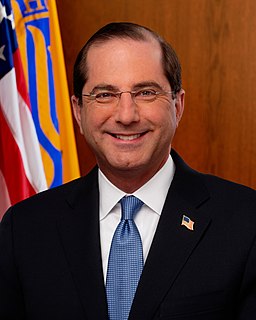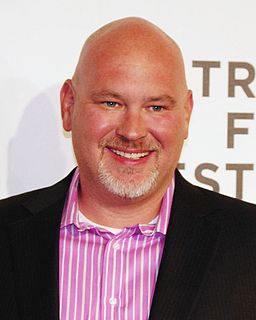Top 1200 Self Regulation Quotes & Sayings
Explore popular Self Regulation quotes.
Last updated on April 14, 2025.
Trauma survivors have a deficiency in their capacity to regulate emotions - they're too prolonged and too intense and too negative. As a corollary to affect regulation, self-esteem, sense of self and inter-personal functioning all goes downhill. And that's a chronic thing that's solved in an-inter personal context.
I think (fantasy football) has become something that needs to be looked at in terms of regulation. Effectively, it's day trading without any regulation at all. When you have insider information, which has apparently been the case, when you have people who use that information, use big data to try and take advantage of it, there has to be some regulation. If they can't regulate themselves, then the NFL needs to look at moving away from them a little bit, and there should be some regulation.
It's clear that there has to be some play between the vitality of invention in economic life and some regulation of it, and in some ways the great ideological wars of the 20th century that cost so many lives had to do with whether to have managed economies directed by government or economies directed by the free movement of capital, which is only partially subject to government regulation.
Regulation has gone astray. . . . Either because they have become captives of regulated industries or captains of outmoded administrative agencies, regulators all too often encourage or approve unreasonably high prices, inadequate service, and anticompetitive behavior. The cost of this regulation is always passed on to the consumer. And that cost is astronomical.
Yoga stimulates different nerves in your body, especially the Vagus nerve that carries information from the brain to most of the body's major organs, slows everything down and allows self-regulation. It's the nerve that is associated with the parasympathetic system and emotions like love, joy and compassion.
For Al Gore and Paul Ehrlich and Co., whatever the problem, the solution is always the same. Whether it's global cooling, global warming, or overpopulation, we need bigger government, more regulation, higher taxes, and a massive transfer of power from the citizens to some unelected self-perpetuating crisis lobby.
Beginning in the Clinton administration, there was, for nearly two decades, a broad bipartisan consensus that the best Internet policy was light-touch regulation - rules that promoted competition and kept the Internet 'unfettered by federal or state regulation.' Under this policy, a free and open Internet flourished.





















































